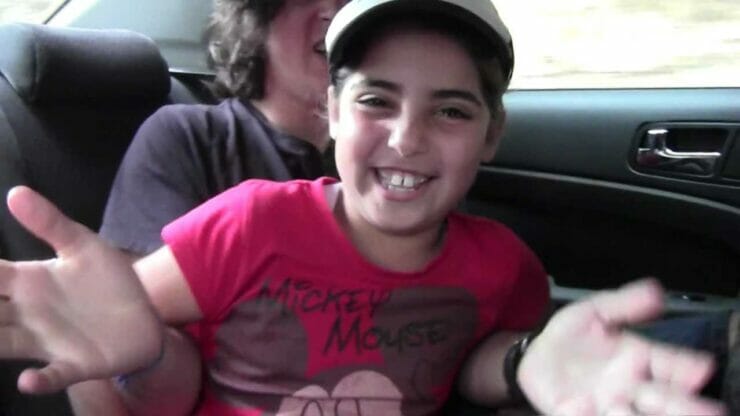
In a very chaotic lifestyle of high stress and too many changes, we depend a lot on our habits, because they give us certainty. Without the certainty of habits, our life would be full of fear.
Imagine getting up in the morning, not knowing if there is food in the refrigerator, or sending your kids to school, not knowing if they will come back, or leaving your home in the morning, not knowing if it will be there when you return.
Certainty is essential for our emotional survival. When we have the confidence that things will happen the way we expect them to, we can stop worrying and struggling. We are more relaxed and therefore think better and get better outcomes. To create certainty, we develop habits that allow us not to think and re-think everything we do. Habits are automatic rules of behavior that help us feel safe.
However, habits can heal us or kill us.















